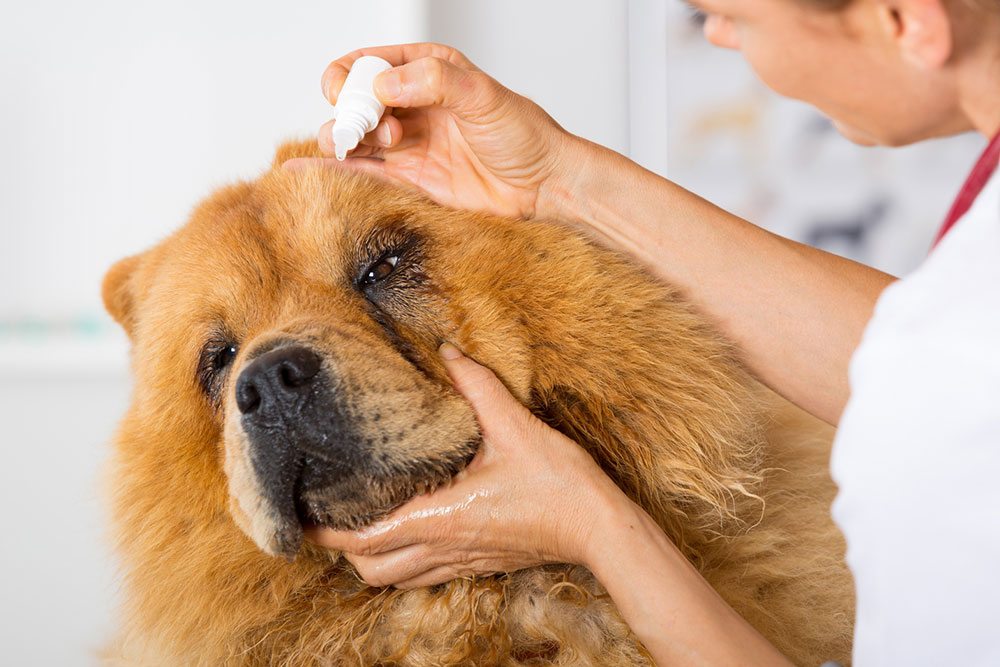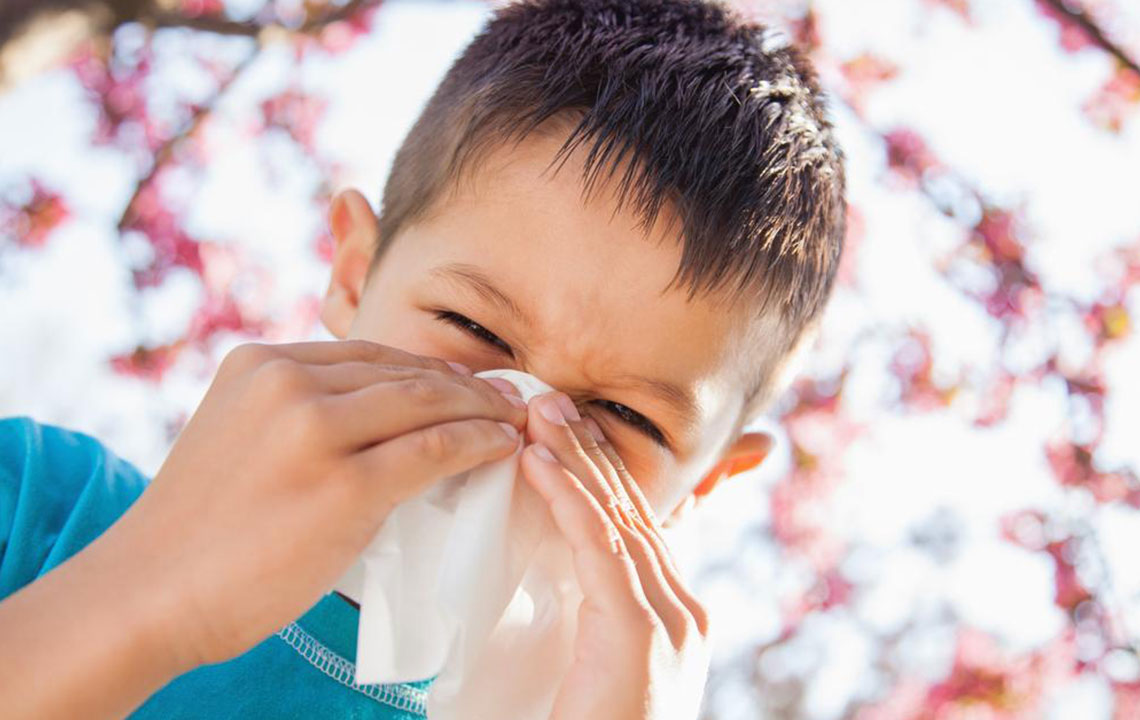Common Canine Allergies and Effective Remedies
Discover common dog allergies such as flea dermatitis, seasonal, food, airborne, and environmental allergies. Learn effective treatment strategies, including medication, diet changes, and environmental adjustments, to keep your furry friend comfortable and healthy.

Pets can suffer from allergies that impact their well-being and, in severe cases, may pose health risks. Recognizing common allergies in dogs is crucial to ensuring their comfort and safety. This article highlights prevalent canine allergies and their treatment options:
Flea Allergy Dermatitis: One of the most frequent conditions, FAD arises when flea saliva triggers an allergic reaction. According to veterinary sources, FAD is the leading skin-related issue in household dogs, especially during warmer months.
Fleas bite and introduce saliva containing enzymes and histamines, causing widespread skin irritation. Natural remedies include medicated baths and using flea collars to prevent re-infestation.
Seasonal Allergies: Dogs can develop allergies related to seasons, with symptoms like sneezing, red eyes, hair loss, itching, and skin rashes or hives. Veterinary consultation is necessary for antihistamines such as antihistamines or OTC drugs like Benadryl.
Food Allergies: Food sensitivities account for nearly 10% of dog allergies. These occur when a dog’s immune system mistakenly identifies certain foods as threats, resulting in symptoms from vomiting and itching to gastrointestinal distress.
Diagnosis involves an elimination diet to identify problematic foods, which should then be removed from their diet permanently to prevent recurring reactions.
Inhalant Allergies: Known as atopy, airborne allergic reactions are caused by mold, pollen, dust, or other airborne substances. Symptoms include itching and respiratory issues.
Monitoring when reactions occur can help in diagnosis; a veterinarian may prescribe anti-inflammatory medications for relief.
Environmental Factors: Outdoor exposure to plants, grasses, weeds, or shrubs can cause allergies. Taking your dog to a vet for diagnosis is recommended, along with removing or avoiding known allergenic plants from your environment.
Disclaimer: Our blog offers valuable insights across various topics. While our research aims to inform, please consult a veterinarian for personalized advice. We are not responsible for data discrepancies or omissions of promotional schemes.










